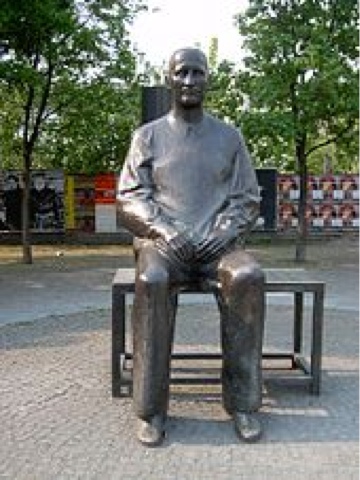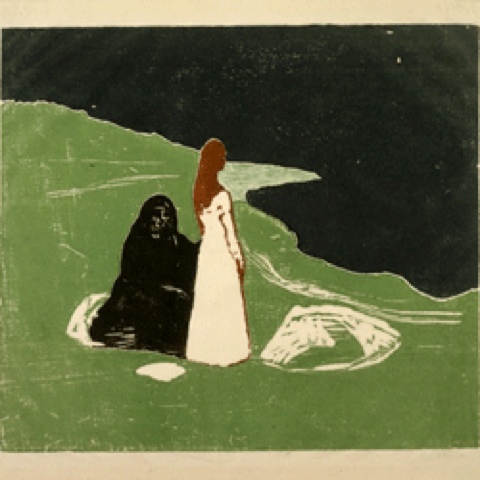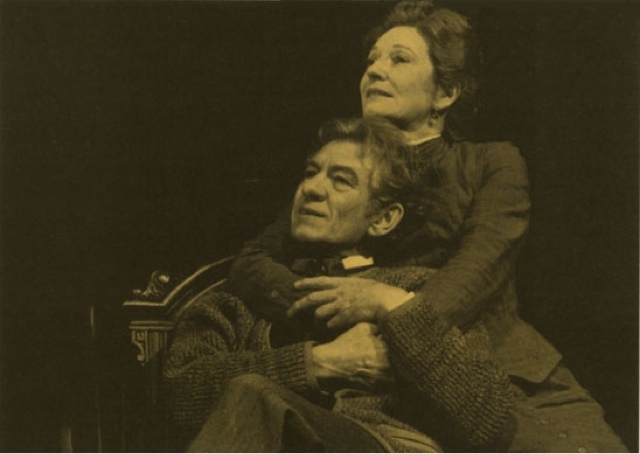This is a really great translation of the text, which for me manages to balance the style and poetry with modern text and phrasing. The effect is a sort of timeless quality which positions Oedipus' struggle both staunchly in the past (where it belongs) and at the same time flings it forward.
Something that really stood out, that I didn't recall from previous readings was that after he has blinded himself, and is brought out for all to see the evidence of this violence, his young daughters (Antigone and Ismene) are brought out to witness their father in his lowered state. I couldn't help but think how strange it is that he requests not all his children (particularly the sons who he says can take care of themselves) but his young daughters. Oddly precipitating the life of struggle they (particularly Antigone) will have to come in the trilogy.
Something that really stood out, that I didn't recall from previous readings was that after he has blinded himself, and is brought out for all to see the evidence of this violence, his young daughters (Antigone and Ismene) are brought out to witness their father in his lowered state. I couldn't help but think how strange it is that he requests not all his children (particularly the sons who he says can take care of themselves) but his young daughters. Oddly precipitating the life of struggle they (particularly Antigone) will have to come in the trilogy.





